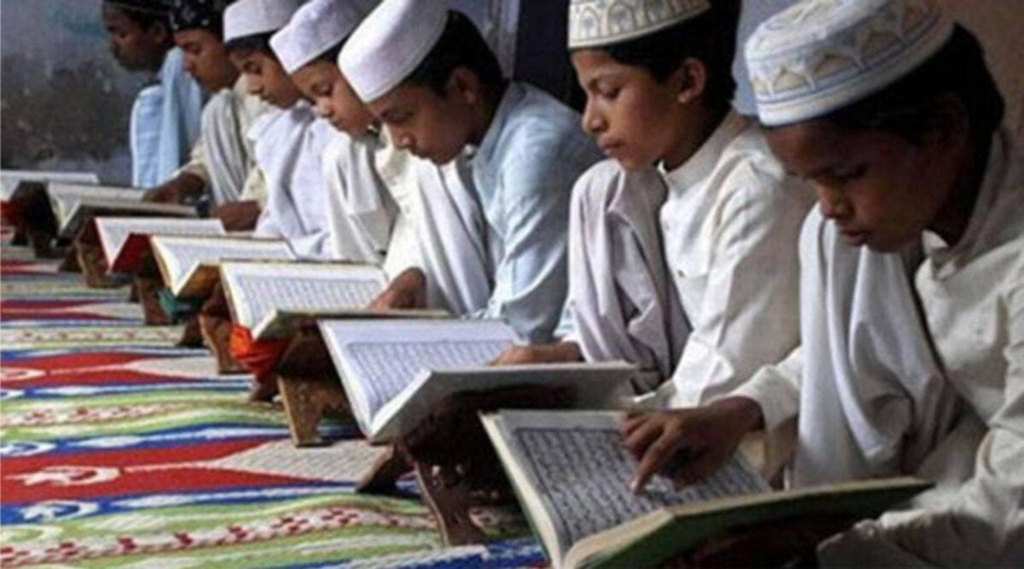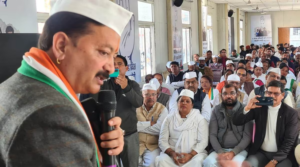The chairman of the Uttarakhand Waqf Board, Shadab Shams, announced on Wednesday that all 103 madrassas under the board would adopt a standardized dress code, and classes would be conducted from 8 am to 2 pm, resembling a typical school schedule. This directive follows Shams’ earlier proposal for the formation of a committee by the state government to conduct a comprehensive survey of all madrassas in Uttarakhand.

Shams elaborated, stating, “The upcoming session will commence in March next year. We plan to register the model madrassas with the Uttarakhand Board. Following the early morning namaz at approximately 6.30 am, an hour will be allocated for Quranic studies. From 8 am to 2 pm, the madrassa will operate like a conventional school.” During this time, a mandatory school uniform, akin to those in English medium schools, will be enforced. Shams emphasized that, historically, madrassas catered predominantly to Muslim students, but the new initiative aims to extend education to students from all communities.

Although the specific dress code is yet to be finalized, Shams indicated it might align with the uniform prescribed by Uttarakhand Board schools. Additionally, the implementation of the NCERT syllabus has been proposed for all 103 madrassas under the Uttarakhand Waqf Board. Shams, who also serves as a state BJP spokesperson, revealed plans to transform seven madrassas into model institutions. These would include two each in Dehradun, Haridwar, and Udham Singh Nagar, and one in Nainital. These model madrassas will be directly managed by the Waqf Board and showcase the envisioned approach to madrassa education.

Furthermore, Shams clarified that students opting for Islamic Studies would have the option to stay at a madrassa as residential students, while others could enroll as day scholars. The proposed rules, including the adoption of the NCERT syllabus and a standardized dress code, are intended to be applicable across all 103 madrassas under the Uttarakhand Waqf Board. Currently, Uttarakhand has a total of 522 registered madrasas, with 419 falling under the state Madrassa Board and 103 under the Waqf Board, while approximately 500 other madrassas remain unregistered.


